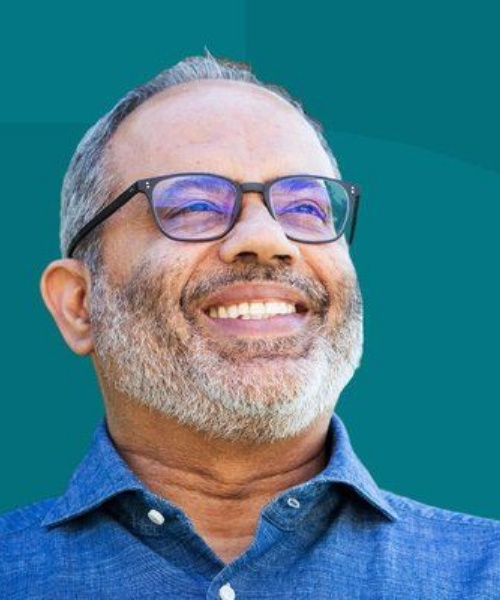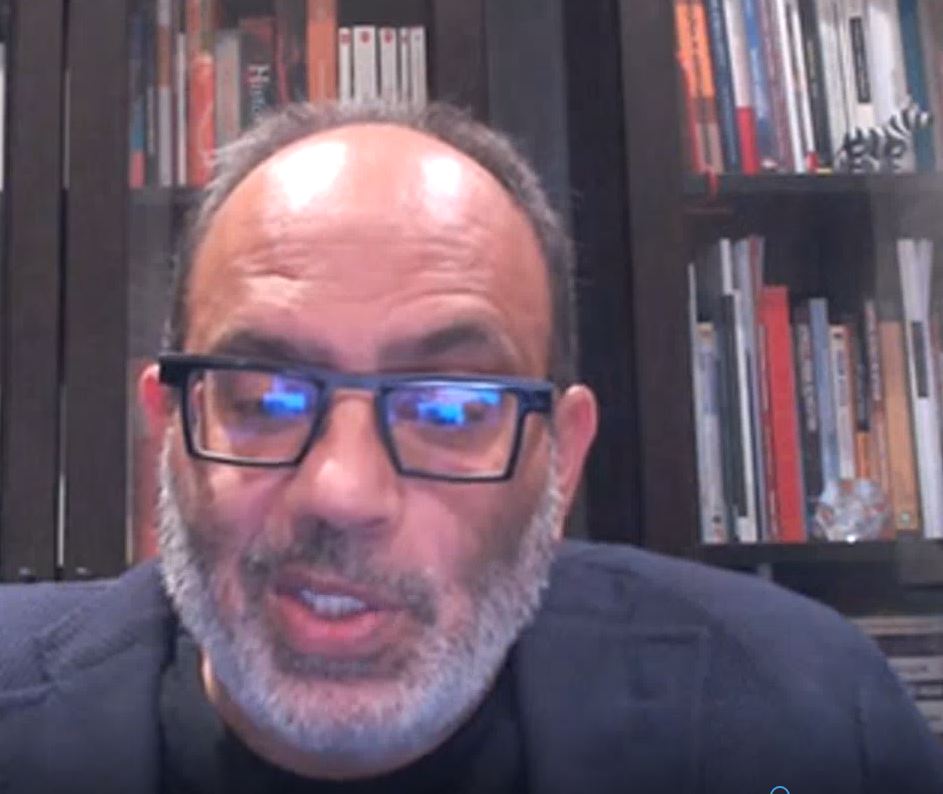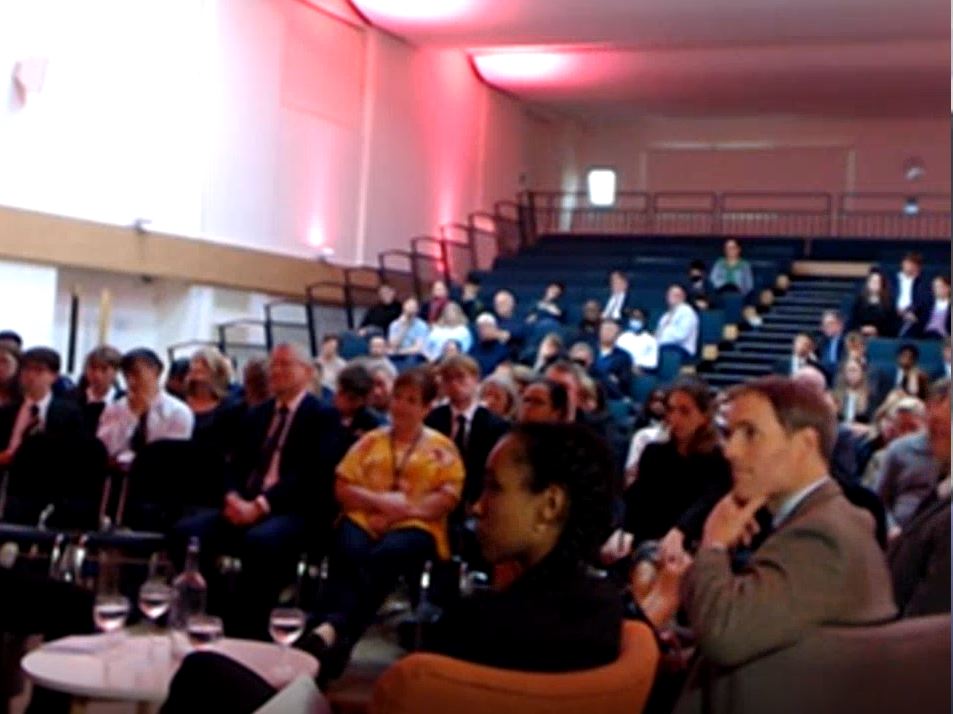Professor Carlos Lopes: 'Is Africa the World's Future?'

Professor Carlos Lopes, executive Secretary of the UN Economic Commission for Africa and former UN Assistant Secretary-General, launched this year's St Benedict's Lecture Series with an insightful exploration of Africa's economic, political and environmental importance.
Speaking virtually to students, parents and teachers, Professor Lopes really engaged with his audience, with his wide-ranging yet detailed presentation of Africa's huge geopolitical significance. The lively question-and-answer session at the end was chaired by Sixth Form students Layla, Toby and Harvey.
The discussion was broadened out further by several questions from the audience, which gave the lecture such a great level of engagement that it felt as if it were in-person."
James Hunter
Student reviews
My fascination peaked when the Professor mentioned a need for a social contract between the globe and certain regions in terms of technology, climate change and demographic impacts, to master the sustainable development of our globe, and to level out inequalities."
Toby Moore
During the course of the evening, Professor Lopes opened my mind to a whole new perspective of the international scene, which I already had some knowledge of. The Professor introduced the Cappuccino effect, which I thought was a very profound way of looking at the failures of sustainable development in the 21st century so far. He used the environment as the sprinkling of cocoa on top of a cappuccino, which, if the coffee is not good at the base (the economy), is not needed to make a great cappuccino, unlike the base itself. This prioritisation of the economic benefits of capitalism sums up why sustainable development hasn’t worked. As a globe, we crave economic dominance over each other, and this realist concept of a quest for power only leaves the environment and poorer countries’ rights and development as background noise in terms of world priorities.
However, my fascination with this discussion peaked when the Professor mentioned a need for a social contract between the globe and certain regions in terms of technology, climatic change and demographic impacts, to master the sustainable development of our globe, and to level out inequalities. This struck me, as seemingly it is such a straightforward proposition to be able to look out for one another for the greater good and for the survival of this earth; yet still we see large nations, much like our own, prefer to pursue only their greedy need for power and wealth.
I thoroughly enjoyed this discussion and even got to ask my own questions of Carlos himself about China’s impact on Africa, which was immensely interesting.
Toby Moore (U6)
The importance of Africa as a source of a young workforce was highlighted in our world that is ageing, and how it is likely to be a global leader in the future. It was interesting to learn about the vast amount of potential on the continent as well, like the huge amount of arable yet unutilized land."
Angelica Lawson
Carlos Lopes’ presentation ‘Is Africa the World’s Future’ was a perfect way to start off the St Benedict’s Lecture Series. Lopes shared interesting explorations into Africa’s importance for the world of economics, politics, sustainability, and more. The discussion was broadened out further by several questions from the audience, which gave the lecture such a great level of engagement that it felt as if it were in-person. Despite covering lots of different ideas, which spanned the interests of many disciplines of study, Lopes spoke in great detail throughout- showing the full extent of the intrigue and potential of this continent.
James Hunter (U6)
During the lecture, the importance of Africa as a source of a young workforce was highlighted in our world that is ageing, and how it is likely to be a global leader in the future. It was interesting to learn about the vast amount of potential on the continent as well, like the huge amount of arable yet unutilized land. Furthermore, the talk showed the flaws with the UN’s approach to climate change, as too many countries still prioritize economy over reducing climate change. The talk also showed how long some of the UN processes can be, spanning up to 16 years to resolve and implement decisions made. Overall, the talk was excellent in showing the importance of Africa in our future.
Angelica Lawson (U6)

